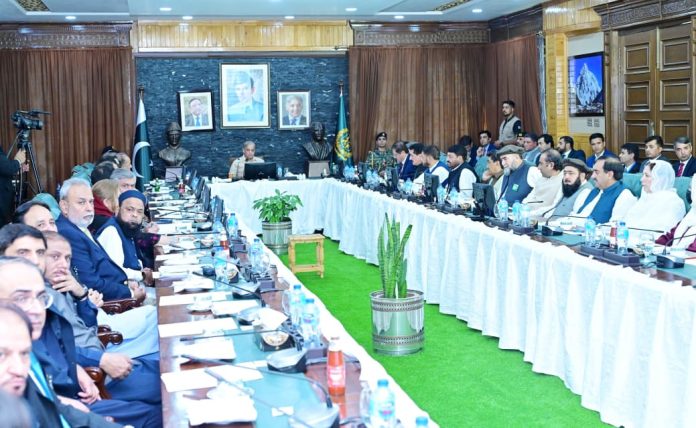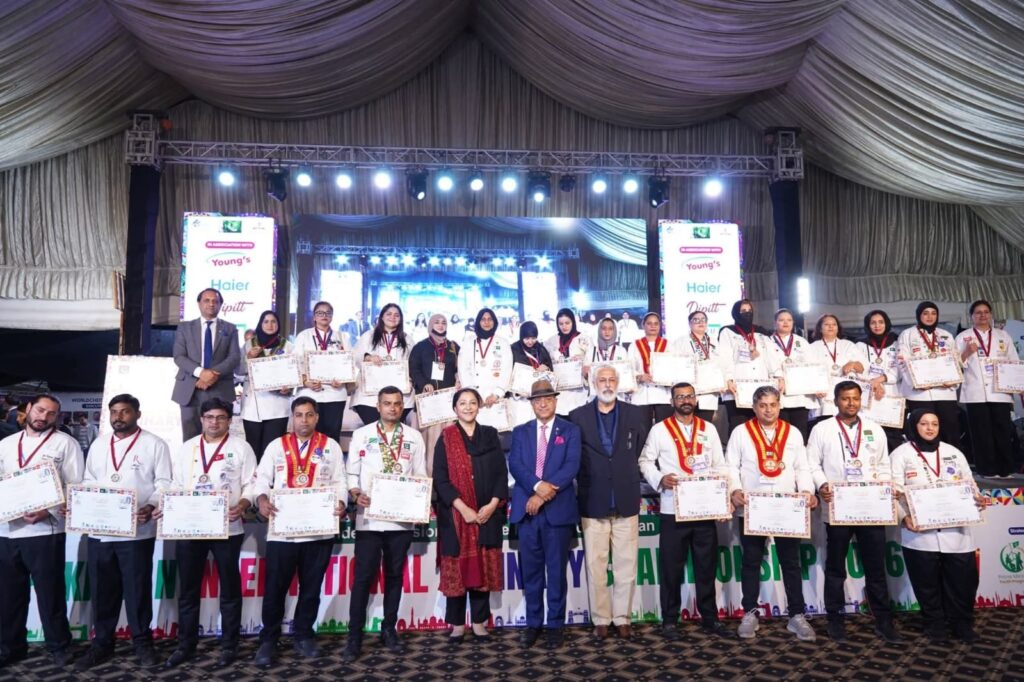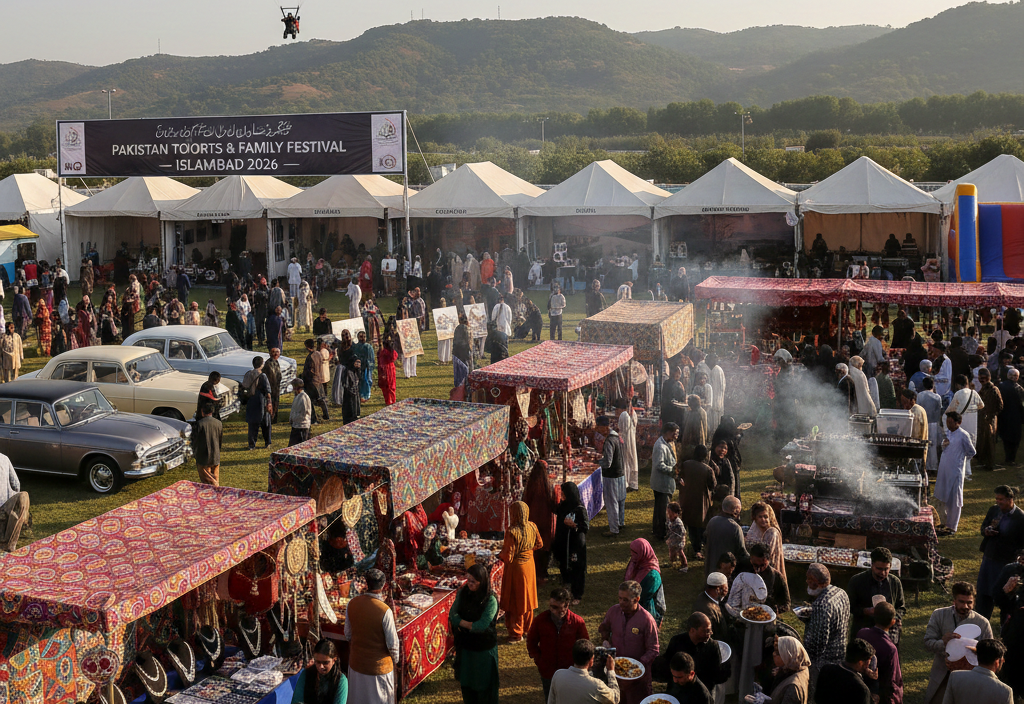Prime Minister Shehbaz Sharif chaired a high-level meeting on Monday to review the recent flood situation and rehabilitation efforts in Gilgit-Baltistan. Stressing the urgent need to address climate-induced disasters, the premier directed the establishment of an advanced weather alert system for tourist destinations and called for relocating local populations from natural water passageways to prevent future emergencies.
Given the increasing impact of climate change, the prime minister emphasized the development of early warning systems, preparedness for relief operations, and construction of climate-resilient infrastructure in vulnerable areas. He directed the National Disaster Management Authority (NDMA) and the Ministry of Climate Change to jointly set up a forecasting and monitoring center for Gilgit-Baltistan within the coming months.
Highlighting Pakistan’s minimal contribution to global emissions, PM Shehbaz pointed out that despite near-zero emissions, the country remains among the top ten most affected by climate change. “Despite Pakistan’s near-zero emissions, we suffer huge devastation every year due to global warming,” he remarked.
He appreciated the efforts of the NDMA, PDMA, Ministry of Communications, district administration, and all rescue personnel, and instructed NDMA to continue extending full support to provincial authorities. The premier also ordered close coordination between federal and provincial departments to enhance the efficiency of rescue and relief operations.
The Ministry of Climate Change informed the meeting about the ongoing installation of the Glacial Lake Outburst Floods (GLOF) early warning system, with the prime minister directing NDMA to ensure the system is completed within two months and undergoes third-party validation.
Briefings during the meeting reported that over 600 people were rescued after cloudbursts caused heavy rainfall on July 21, 2025, in Thak-Babusar, Thor, Kundus, and Ishkoman areas. Temporary tent villages were established, and air rescue efforts included the deployment of 10 helicopters and 2 C-130 aircraft. The Pakistan Army, NDMA, GBDMA, Rescue 1122, local police, and health workers collaborated during the operations.
The Ministry of Communications also reported widespread damage to roads and infrastructure. PM Shehbaz ordered that all reconstruction work be carried out using climate-resilient materials and methods. Additionally, the Minister for Water Resources was instructed to remain in Gilgit-Baltistan to complete consultations for a sustainable water management strategy.
The meeting was attended by Federal Ministers Engineer Amir Muqam, Abdul Aleem Khan, Attaullah Tarar, Mian Moeen Wattoo, Dr. Musadik Malik; Adviser Rana Sanaullah; PM’s Coordinator Shabbir Ahmed Usmani; Governor Gilgit-Baltistan Syed Mehdi Shah; Chief Minister Gilgit-Baltistan Gulbar Khan; Chairman NDMA Inam Haider Malik; and other senior officials.










